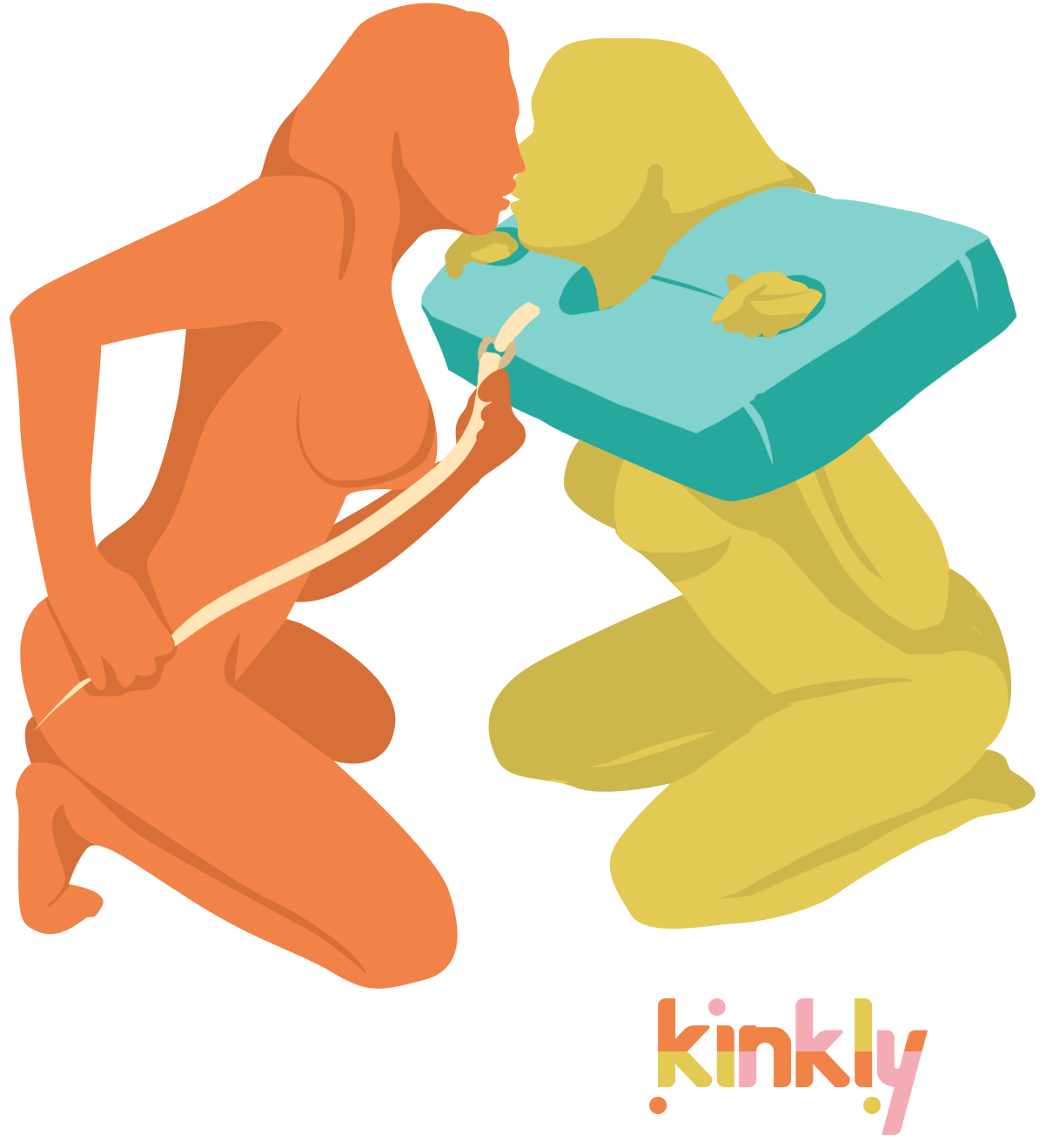When you’re reading articles about sex and sexuality on the internet, the focus is primarily on younger adults right around the 20-something category. When there is information about older adults, it’s typically research about how older adults are still having sex, as if it’s an abnormal feat. Stories are often mixed with a little dose of shaming and plenty of the “ewww” factor, which I find ridiculous.
Something similar happens when we’re talking about sexual health; the information is geared toward younger women. It’s precisely this missing demographic - menopausal women - who need solid, fact-based information on sexual health. Not information on how to bleach, steam, reshape or rejuvenate our vulvas and vaginas. Those are all driven by a desire to "beautify" the female body by making it look younger - often in an effort to please men. What's missing is information about keeping aging bodies healthy, maintaining a healthy sex life and the benefits of sex.
Read: Are You Over 50 and Having Sex? You Should Be
Sexual Health for Menopausal and Post-Menopausal Women
We need to understand what it means to pay attention to sexual health. That information needs to make sense to the lives of older women and their partners. After all, sexual health has both an emotional and a physical component. It encompasses how we think about our sexuality, how we take care of our bodies and how we approach intimacy, both with potential partners and ourselves. So, what are the key components of adult sexual health? Here are a few of my top picks:
Exercise
The pelvic floor muscles affect the vagina, bladder control, and the overall fitness of one’s body. It’s not much different than the need to exercise with cardio and muscle toning. Kegel exercises are important and can ward off some of the changes that come with aging and hormone depletion.Read: 6 Steps to Choosing the Perfect Kegel Balls for You
Getting Comfortable Talking About Sex
Many women in their 50s and 60s report having sex that’s as good as, if not better, than the sex they had in her 20s. Yet, society tells us sex is for the young. Sex can be great when we adopt an openness about what we like and how we go about having sexual experiences with desired partners. Helping women talk about what they want is what I do for a living! Learning your body’s response to pleasure and becoming comfortable talking about sex are key to having better sexual experiences.
Understanding the Physical Benefits of Sex
When it comes to aging and sex, it's use it or lose it. Vaginal activity, or stimulation - solo or with a partner - gives vaginal tissue a workout. Increased blood flow helps replenish cells and keeps the vagina from drying out. Arousal stimulates lubrication, which also helps keep us more supple and less likely to feel dry and uncomfortable. Sexual pleasure releases hormones that reduce pain and make us feel better! In other words, sex is good for your body - at any age!
Read: How to Reframe Your Sexual Beliefs as You Age
We Can Choose to Be Sexual
Choosing to be sexual contributes to feeling good in our bodies and about ourselves. We get to experience the pleasure of our bodies. It can be an ego boost that subtly reinforces our vitality and value as a human. Anyone can have sex, regardless of age, body shape, physical limitations, dysfunction, and other issues. With a little creativity and a receptive partner you can find adaptations and accommodations to make it easier to give and receive pleasure. In other words, you can choose to be sexual and there are many good reasons for doing so. Don't let your age hold you back.
How Can You Improve Your Sexual Health?
Great question. Here are some things you can do right now for a healthier, sexier life.
Learn to talk about your sexual wants.
Practice asking for what you want. Remember that sexual desire is natural and healthy at any age.
Learn about sexually transmitted infections (STIs) and take precautions.
Yes, this applies to older adults too! In fact, over the last several years, the CDC reported an increase in the number of older adults with sexually transmitted infections due to a lack of awareness, an unwillingness to use condoms, and a reluctance to get tested and ask potential partners to do the same.
Have more sex - alone, or with a partner.
Be open to pleasure, whether by yourself or with a partner. My book, "Inviting Desire," includes a chapter on the importance of sexual pleasuring for women without partners.
Talk to your doctor.
Get medical advice if you’ve having pain, dryness that can’t be managed with lubricants, or any other sexual issues. Your healthcare professional may be able to help.
Speak up.
The ageism that tends to make us feel shame is something we can push back on by being a bit more open and comfortable about our sexuality. Talk to your partner, talk to friends, and talk to healthcare professionals. We can remove the stigma around sexually active older adults by talking about it without shame. Sex is a natural part of who we are - and it’s a pleasure we shouldn’t deny ourselves.

Walker Thornton is a 61-year-old sex writer, educator and public speaker. She has ranked in the Kinkly Sex Blogging Superheroes for the last three years. Walker has spoken at national sexuality conferences, speaking on midlife sexuality. She is a member of the Leadership Committee of the Sexuality and Aging Consortium at Widener University. Walker writes for Midlife Boulevard, Senior Planet and other websites and online magazines. You can connect with her on Facebook and Twitter. Website: www.walkerthornton.com
















